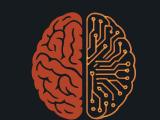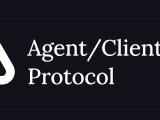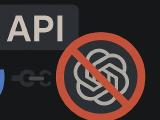
Adam Strojek
AI Adoption Leader
This strategic leadership is built upon a solid foundation as an experienced Tech Leader with a deep-rooted consulting mindset. With a background in Python development stretching back to version 2.5, I possess a robust understanding of the technical and business challenges clients face. This experience is critical for choosing the right technologies to deliver practical, long-lasting solutions—a principle proven by the fact that projects I’ve led over the last decade remain in production today.
My approach is both strategic and hands-on. I have extensive experience building RAG (Retrieval-Augmented Generation) applications and in the creation and management of MCP Servers. I develop AI agents that streamline complex processes, reducing tasks to minutes within a user-friendly environment. Furthermore, I am dedicated to empowering teams by conducting specialized AI training.
My passion for technology extends to exploring modern ecosystems like Rust and WebAssembly, and I actively contribute to the open-source AI community. This commitment to continuous learning ensures I bring the most current and effective solutions to every challenge, making me an ideal partner for any organization ready to embrace its AI-powered future.




